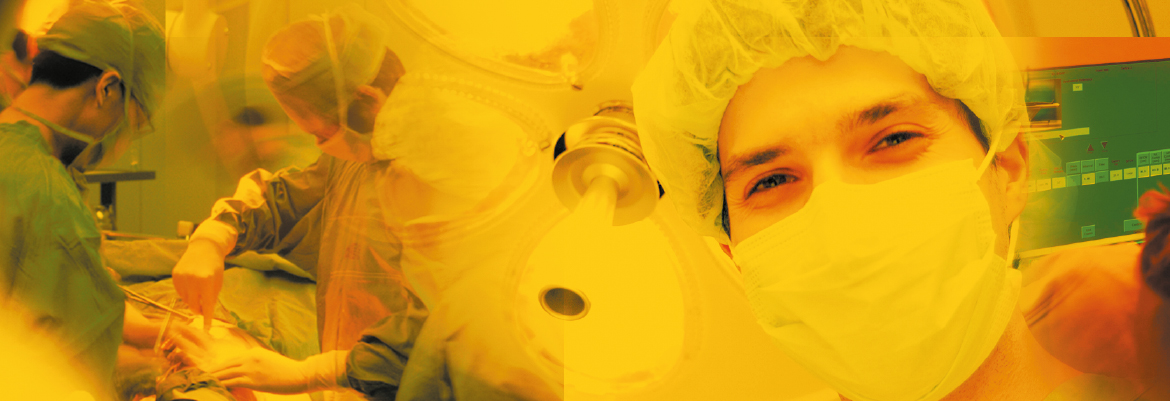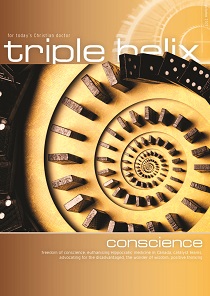'Doctors Drop Opposition to Assisted Dying!' were the predictable headlines when the British Medical Association (BMA) narrowly voted to move from 'opposition' to 'neutrality' on 'assisted dying, including physician-assisted dying' (PAD), at its online Annual Representatives' Meeting (ARM) on 14 September. [1]
The vote was incredibly close, with just four votes (one per cent) in it; 302 voted, with 149 for, 145 against with eight abstentions. This represents just over one per cent of those voting in the BMA's 2020 member poll on PAD, where almost 29,000 responded. The poll itself showed marked diversity, with support for assisted dying most popular (40 per cent), ahead of opposition (33 per cent). However, that headline is misleading. [2] Students and retired doctors (who do not care for patients) were most in favour of PAD, whilst those in palliative care, oncology, geriatrics, and general practice (who routinely discuss end of life care with patients) were most opposed. The closer people get to 'assisted dying', the more they tend to recoil.
Strikingly, due to a loosely worded motion, the BMA is now not only neutral on assisted suicide (which had significant support in the members' poll), but also neutral on euthanasia (which did not). The vague catch-all campaign phrase 'assisted dying' covers both.
This slim margin is predictably being trumpeted as a major victory by campaigners. Excellent speeches against the motion, including some by CMF members, made the point that the only thing this really achieves is to hand a simple, seductive soundbite to campaigners as they press on to Parliament, where Baroness Meacher's Bill is due for debate on 22 October.
Much better would have been to focus Parliament's attention on the details of the BMA's poll, with nuanced data on where support for assisted dying actually lies (and does not lie) within the medical profession. The idea that the BMA must be 'neutral' in order to represent diversity is patently false - delegates also spent a whole hour in closed session, debating how the BMA can represent members' diverse views, irrespective of their overall position on PAD.
There is much to do. But there were some clear encouragements from this year's ARM. CMF members were able to pass policy on Clinically Assisted Nutrition and Hydration, on conscience and moral injury, and on reducing sexual abuse of children. It was incredibly heartening to see members and allies working together to be salt and light in this challenging environment.
































